
Jimmy Webb wasn’t the only prominent person to enjoy success as a songwriter in the 1960s before launching a career as a singer. Isaac Hayes, Carole King, and Neil Diamond all followed similar paths. As a songwriter, I rate Webb among the 1960s greats – like Brian Wilson, Stevie Wonder, and Paul McCartney, he was able to corral complex chord structures into accessible pop songs. He’s also a gifted lyricist, able to express interesting ideas in pop songs like the existentialism of ‘Wichita Lineman’ and the first-person war protest of ‘Galveston’.
Introduction
But despite a few chances at a solo career, Webb never broke through as a solo performer to the mainstream. While his voice improved with time as it thickened, at the start of his career it was thin and wheezy. Given the chance to record solo, he seemed to regard it as an opportunity to self-express. His early albums contained non-commercial rants against music critics and tales of Biblical judgement. Although his rants give his early albums some diversity, he’s at his best when he’s writing his harmonically complex, distinctive ballads, and songs like ‘Met Her On A Plane’ and ‘Highwayman’ are terrific.
I’ve covered most of Webb’s late-period albums – an easy task as he’s only recorded a solo album of original songs each decade after the 1970s. Webb’s also made three albums reworking his earlier songs – the first one, 1996’s Ten Easy Pieces, is terrific, but I’ve skipped the others for now. Webb also wrote albums of material for artists including the 5th Dimension, Richard Harris, The Supremes, and Art Garfunkel – I’ve started a section at the bottom of this page, but it’s far from complete.
Jimmy Webb Album Reviews
Words and Music

1970, 5.5/10
After a successful career as a songwriter in the 1960s, Words and Music was Webb’s first official solo album – a previous album was a record company cash-in, plastering string arrangements over Webb’s demos. After years of writing songs for others, Words and Music is often focused on self-expression; the gorgeous, lush songs that you’d expect from Webb share space with rants about the music industry. While the latter songs are generally weaker, they do provide a balance to the album. There’s also a heavy emphasis on Webb’s faith, most notably on ‘Jerusalem’, which draws parallels between L.A. and the Biblical account of Sodom and Gomorrah.
Webb’s vocals are at their roughest here – while he’s not a great singer, he’s expressive and tuneful, but his voice would become a more effective instrument as it thickened over the years. It’s also sweetened by his sister Susan’s backing vocals.
The most notable song is ‘P.F. Sloan’, a shout out to a fellow songwriter, and the line “The last time I saw P.F. Sloan/he was summer burnt and winter blown” is one of Webb’s most memorable phrases. His musical adaptation of ‘Psalm 150’ is also effective. The second side is rougher going, with the rants like ‘Dorothy Chandler Blues’ taking up a lot of space, but the pop cover medley with the Webbs duetting is pretty.
Words and Music is interesting, but it’s the least satisfying of Webb’s early albums, and it’s like the chance to express his emotions is often overriding his songcraft.
And: So On

1971, 8.5/10
And: So On is much more focused on what Webb does best, beautifully crafted pop songs. While Words and Music had a rough-hewn quality to it, And: So On is much lusher, with strings and more detailed arrangements, which suit Webb’s harmonically rich songs.
‘Met Her On A Plane’ opens the record, and it’s a prime piece of Webb writing- capturing a feeling of regret and longing while remaining vague and universal. There are plenty of other understated gems, like the pretty ‘All My Love’s Laughter’ and ‘If Ships Were Made To Sail’, but you expect Webb to excel at these. It’s the harder-edged material that’s the marked improvement from Words and Music – the fuzz guitar of ‘Laspitch’ and the multipart ‘Highpockets’ are both hidden Webb treasures.
And: So On is a focused album of strong songs from Webb – a nearly great record that’s lost in the shuffle of classic releases in the early 1970s.
Letters

1972, 7.5/10
A more confident Webb returns with Letters; his voice is clearer and he brings a sense of humour to songs like ‘Campo De Encino’ and the cocaine parody ‘Once In The Morning’. The critic baiting of Words and Music is back on ‘Catharsis’, which Art Garfunkel later adapted as ‘Mr Shuck and Jive’. Webb was under the influence of Joni Mitchell when he made Letters, and Mitchell’s engineer Henry Lewey works on the record.
But like most Webb albums, these are merely distractions from the main course of beautiful ballads. Glen Campbell had already covered ‘Galveston’, but Webb’s stripped-down version is also effective. The closing two pieces are both gorgeous – ‘When Can Brown Begin’ was originally written for The Supremes, and the trumpet line is gorgeous, while ‘Piano’ is elegant and heartfelt.
Letters boasts some exquisite ballads, but some of the other material is less convincing.
Land’s End

1974, 8/10
After not finding success with Reprise, Webb moved to Asylum records. Like And: So On, Land’s End focuses on Webb’s balladry, dispensing with the jokey songs and rants, and focusing on lush fare like the lengthy ‘Land’s End/Asleep on the Wind’ suite that closes the album. It’s noticeable that Webb’s writing voice is sometimes tending more toward the mainstream, songs like ‘Just One Time’ and ‘Crying In My Sleep’ are strong melodies, but they lack the distinctive voice that characterised Webb’s earlier material. There’s also surprisingly little keyboard for a Webb album – the acoustic guitar and strings are more dominant instruments, while Joni Mitchell contributes backing vocals, and Ringo Starr and Elton John’s band are also involved.
But with its lush, consistent sound, Land’s End is still a satisfying effort from Webb. The closing suite with its grandiose choral and orchestral arrangement is the first time Webb had the chance to stretch out with a long running time and a full orchestra on a solo record and it’s strong. There’s also the foot care advice of ‘Feet in the Sunshine’, while Webb’s strong on the pretty impressionist pop of ‘Cloudman’ and ‘Ocean in his Eyes’. The bluesy rock of ‘Alyce Blue Gown’ also works well.
I don’t know that there’s any top-tier Webb material on Land’s End, but it’s an album full of pleasing, warm songs.
El Mirage
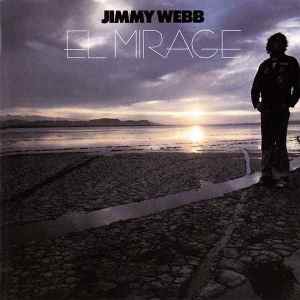
1977, 9/10
The three-year gap between releases allowed Webb to stockpile a strong set of songs for El Mirage, and he wasn’t reticent about using songs that he’d already given to other artists, as well as recording a punchier version of ‘P.F. Sloan’. The result’s the strongest set of songs on his 1970s albums, given a lush 1970s treatment. George Martin provides orchestral arrangements, while ‘Mixed Up Guy’ dips its toes into disco.
‘Highwayman’ was already covered by Glen Campbell, but it didn’t become a Webb standard until Johnny Cash, Willie Nelson, Waylon Jennings, and Kris Kristofferson covered it in the 1980s, the tale of four unfortunate men in different epochs of history. ‘The Moon’s A Harsh Mistress’ is a beautiful, moody ballad, while ‘Mixed Up Guy’ and ‘Christiaan No’ were earlier recorded by Dusty Springfield and Glen Campbell respectively.
Lush and filled with beautiful songs, El Mirage is Webb’s strongest album of the 1970s, and it’s the approachable album that could have broken him into the mainstream as a solo performer.
Angel Heart

1982, 4.5/10
Jimmy Webb’s recorded output slowed right down at this point, only getting to make one album of originals a decade. Angel Heart, his first album in five years, is very much a product of the late 1970s and early 1980s, somewhere between the smooth sounds of yacht rock and glossy adult contemporary. Much of the album was recorded in the late 1970s, but after problems with finding a label to issue it, it didn’t appear until 1982.
Webb’s material is a little iffy, especially by his standards – some of these songs are almost dealing in Hallmark sentiments, like the doo-wop of the title track and the sappy ‘One of the Few’, although Webb subverts the genre with the odd ‘God’s Gift’ (“don’t start thinking you’re God’s gift/Just because I love you”). The generic rock guitars make the faster songs difficult listening as well. The album has issues, but there’s one classic song, the closing ‘Old Wing Mouth’, which largely ditches the synths, tackles Tele-evangelism, and adds some terrific Michael McDonald background vocals. There are also a couple of songs that Art Garfunkel had previously featured, ‘Scissors Cut’ and ‘In Cars’ and they’re two of the better songs here.
‘Old Wing Mouth’ is wonderful, and there is some interesting songcraft elsewhere, but Angel Heart is sappy and the slick sound hasn’t aged well.
Suspending Disbelief

1993, 6.5/10
If Angel Heart was a sappy love album, Suspending Disbelief is a jaded divorce album, as an older Webb looks back at a failed marriage. After the slick sounds of Angel Heart, the arrangements are stripped-down and have dated much more gracefully. The backing band includes the L.A. types you’d expect – backing vocalists include David Crosby, Don Henley, and Linda Ronstadt, while Ross Kunkel and Leland Sklar are the rhythm section. There aren’t the dazzling melodies of a young Webb, even though ‘Adios’ is pretty – the main appeal is Webb’s storytelling.
While failed love is the major theme, there’s also plenty of nostalgic rumination on other subjects – among the most memorable songs is ‘Elvis And Me’, which recounts Webb’s friendship with Mr Presley. The best song is the closing rearrangement of the hymn ‘I Will Arise’- Webb hadn’t touched much on his faith on his solo albums since 1970’s Words and Music, but Webb’s gnarled voice is a perfect fit as it lifts into ‘I’ll Fly Away’.
Suspending Disbelief is a solid late-period effort from Webb – its tasteful arrangements and story-telling mode are good directions for Webb to explore.
Ten Easy Pieces
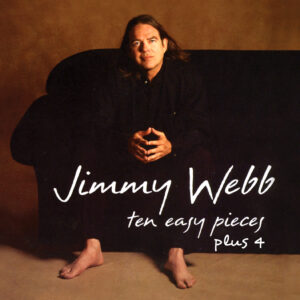
1996, 9.5/10
Jimmy Webb always had the reputation of a songwriter who couldn’t sing, and he struggled to sell records even though he had written pop masterpieces like Glen Campbell’s ‘Wichita Lineman’ and ‘Galveston’. But by the 1990s, his reedy voice had filled out to a deeper and more attractive instrument, and his re-recordings of ten classic songs from his songbook are gorgeous; he’s not a virtuoso singer, but he’s more than capable of handling his own beautiful melodies. While there are a couple of dozen backing musicians credited, including Michael McDonald and Shawn Colvin on backing vocals, most of the time it’s easy to forget they’re there, as the focus is squarely on Webb’s piano and voice.
Most of these songs are among Webb’s best known – the anti-war protest of ‘Galveston’, the existentialism of ‘Wichita Lineman’, the elegance of ‘All I Know’, and the moody ‘The Moon’s A Harsh Mistress’ are among the all-time contributions to the pop songbook from Webb, and his emotive readings here often eclipse the more familiar recordings. Admittedly I sometimes skip the eight minutes of ‘MacArthur Park’ – it’s not a favourite even in less dramatic form.
Ten Easy Pieces works as a pseudo-greatest hits for Webb, presenting his best-loved material in approachable form.
Twilight of the Renegades

2005, 7/10
Jimmy Webb’s first album of original material for 12 years is an improvement on his previous collection of songs – while Suspending Disbelief often trod the well-worn territory of relationship breakdown, Twilight of the Renegades gives Webb a wider palette to work with. It shares the same musical template as Suspending Disbelief – proven LA session musicians subtly behind Webb’s piano – but it’s much more playful, with light-hearted songs like ‘Why Do I Have To?’ and ‘Spanish Radio’. Webb’s singing has continued improving too – he’s very capable here, holding notes and using vibrato, and his deepened voice is pleasant.
As the title suggests, Twilight of the Renegades features several portraits of rebellious characters – both admiring (Webb surely shares an affinity with the artist he profiles on ‘Paul Gauguin in the South Seas’) and scathing on ‘Class Clown’, which ends with a refrain of “he’s homeless”. While the air of calm nostalgia gives Twilight some dull spots, there are strong pieces like ‘Just Like Marilyn’ and ‘Paul Gauguin’, while ‘Driftwood’ is a dramatic closer.
It’s not as exciting as his earlier work, but Twilight of the Renegades is a worthwhile effort from Webb. At the time of writing, it was his last solo album, and it would be a shame if he didn’t get to make another one.
10 Best Jimmy Webb Solo Songs
Highwayman
Met Her On A Plane
The Moon’s A Harsh Mistress
Galveston
Old Wing Mouth
Psalm 150
P.F. Sloan
Piano
Land’s End/Asleep On The Wind
All My Love’s Laughter
*I didn’t consider songs that only appeared on Ten Easy Pieces and not on earlier Webb albums.
Webb’s Albums for Other Artists
Collections of Jimmy Webb songs have been released by other artists, most notably in the 1960s when Webb wrote material for the 5th Dimension, Richard Harris, Thelma Houston, and Glen Campbell. I’m planning to expand this section gradually.
Galveston – Glen Campbell
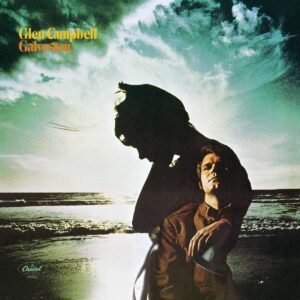
1969, 5.5/10
Country crossover artist Glen Campbell was huge in the late 1960s. Propelled by Webb hits like ‘Wichita Lineman’, he was able to straddle the worlds of pop, easy listening, and country. His smooth Arkansas voice is a lovely instrument, stretching from a baritone to a teenor.
His twelfth studio album is spearheaded by two Webb songs, the title track and ‘Where’s The Playground Susie?’. They’re both strong – I prefer more laidback versions of the anti-war song ‘Galveston’, but Campbell’s upbeat version is also excellent. ‘Where’s The Playground Susie?’ is also excellent, a sophisticated Webb ballad that Campbell handles with aplomb.
There are two songs from Canadian singer-songwriter Buffy Sainte-Marie as well. While ‘Until It’s Time For You To Go’ is a standard, I enjoyed hearing the lesser-known ‘Take My Hand For A While’.
But there’s some execrable music on the rest of the record. Particular lowlights include ‘Friends’, with Campbell reciting a monologue over an orchestra playing ‘Danny Boy’. The cover of The New Christy Minstrels’ ‘Today’ tips into sentimentality. And Campbell isn’t convincing on a funky cover of Jerry Reed’s ‘Oh What A Woman’.
Campbell’s perhaps best suited to a compilation. The Capitol Years 65/77, which also features Brian Wilson’s ‘Guess I’m Dumb’, is probably a good place to start.
Angel Clare – Art Garfunkel
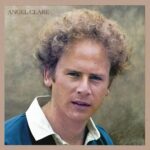
1973, not rated
I’ll probably come back and review this full album sometime. But it’s worth noting that the key track on Garfunkel’s solo debut is Webb’s ‘All I Know’. It’s a romantic piano-driven vocal spotlight, in the style of ‘Bridge Over Troubled Water’. It’s one of Webb’s finest songs, and probably Garfunkel’s best solo moment.
Reunion – Glen Campbell and Jimmy Webb
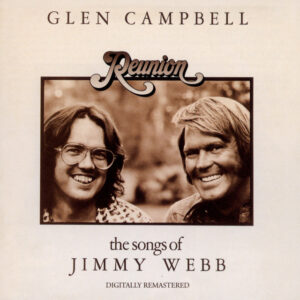
1974, 8/10
Campbell and Webb helped propel each other to fame in the 1960s. Webb’s ‘By The Time I Get To Phoenix’ was an early Campbell hit. Webb also wrote ‘Wichita Lineman’ and ‘Galveston’ for Campbell in the 1960s.
In 1974, for his 27th studio album, Campbell reunited with Webb for a collaborative record. The CD reissue appends ‘Wichita Lineman’ and ‘By The Time I Get To Phoenix’ to the start, but the original record’s focused on more recent Campbell compositions. Webb plays piano and arranges strings, while the pair are accompanied by studio pros like Joe Osborn and Hal Blaine.
The record doesn’t open with a Webb song – oddly, it opens with a cover of Little Feat’s ‘Roll Me Easy’. ‘About The Ocean’ was written by Susan Webb, Jimmy’s sister. None of Jimmy Webb’s songs are as iconic as the 1960s hits he wrote for Campbell, but they’re still very good. Lots of these songs also pop up on other albums I’ve covered on this page, but Campbell’s resonant delivery works well with Webb’s quirky compositions. His delivery of the line “my love’s a raging river” on ‘Just This One Time’ is powerful. ‘It’s A Sin’ was the single, which makes sense as it’s closer to Campbell’s usual country sound than most of the disc. Campbell also sounds lovely on more tender songs like ‘The Moon’s A Harsh Mistress’ and ‘Adoration’.
Campbell’s not really regarded as an album artist. But Reunion is his most acclaimed album on RateYourMusic, a consistent set of songs.
Watermark – Art Garfunkel

1977, 8/10
Art Garfunkel’s third solo album was a full collaboration with Jimmy Webb, who had previously supplied ‘All I Know’ for Garfunkel’s debut Angel Clare. In some ways it’s an ideal collaboration – Garfunkel’s sumptuous vocals and quirky image are a good match for Webb’s sumptuous and quirky songs. Garfunkel’s selection from Webb’s back catalogue avoids his best known songs, as though he chose the songs that best fitted his voice. After first single ‘Crying in my Sleep’ failed to chart, a cover of Sam Cooke’s ‘(What A) Wonderful World’ was added to the album, featuring Paul Simon and James Taylor. It’s fun to hear the trio enthusiastically tackle the oldie, but it is out of step with the rest of the album, and would have been better as a stand-alone single.
The other cover, the Irish traditional ‘She Moved Through The Fair’ fits in seamlessly with the smooth, sophisticated veneer of Watermark. As much as I like Webb’s emotive vocals on his 1970s solo albums, Garfunkel’s able to take songs like ‘Crying in my Sleep’ and ‘All My Love’s Laughter’ to a new level with his smooth vocals. I don’t know if the 1958 in the title of ‘Someone Else (1958)’ signifies that Webb wrote the song when he was 12, but I love the ascending riff against Garfunkel’s honeyed voice.
Adult and nuanced, I’d be prepared to wager that Watermark is the best solo album that Garfunkel ever cut and it’s a great vehicle for Webb’s songs.
The Animals’ Christmas – Art Garfunkel and Amy Grant
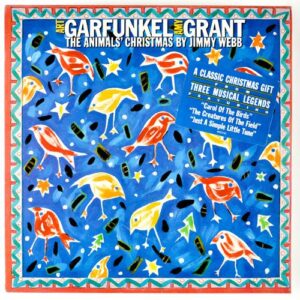
1986, 7/10
In 1983, Webb showed Art Garfunkel a cantata that he was writing for his local Church’s Christmas production. It tells the Christmas story from the perspective of the animals present. Garfunkel expressed interest in becoming involved in the project, and he sang the parts of the narrator and the angel Gabriel, while Amy Grant was invited to sing the part of the Virgin Mary. The London Symphony Orchestra and the Wimbledon King’s College Choir also contribute integral parts – while rock musicians like Steve Gadd and Joe Osborn are present, the album’s dominated by traditional elements. The orchestra, and vocals, and Webb’s piano are the key ingredients in an ambitious Christmas album. Art Garfunkel wrote that “It was the type of project that would have been done by papal commission long ago.”
A lot of Christmas albums tend to be low effort for the listener – a couple of new festive tracks interspersed with a bunch of holiday chestnuts. The Animals’ Christmas certainly doesn’t fit that mould – it’s a dense record that requires effort. It’s generally worthwhile – Garfunkel’s warm vocals and Webb’s melodic skills shine through on ‘The Decree’, while Grant gets a great vocal spotlight on ‘Just A Little Simple Tune’. ‘Carol of the Birds’ is the most successful piece, a magnificent Webb melody that keeps lifting and lifting, with a lovely Grant solo in the middle.
The Animals’ Christmas isn’t for everyone, and enjoyment might depend on your tolerance of children’s choirs, but it’s a fascinating Christmas record nonetheless.
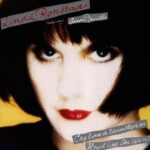
Cry Like a Rainstorm, Howl Like the Wind – Linda Ronstadt
1989
I’m making a note to come back and review this. This 1989 triple-platinum blockbuster features four Webb tunes, including ‘Still Within the Sound of My Voice’ and ‘Adio’. There are also three tunes written by Karla Bonoff.
10 Best Jimmy Webb Songs for Other Artists
Wichita Lineman – Glen Campbell
All I Know – Art Garfunkel
By The Time I Get To Phoenix – Glen Campbell
Just This One Time – Glen Campbell
Someone Else (1958) – Art Garfunkel
Back to 1970s Album Reviews….
One comment
Leave a Reply
Related Pages
Review Pages
Read about the discographies of musical acts from the 1960s to the present day. Browse this site's review archives or enjoy these random selections:
Blog Posts
I add new blog posts to this website every week. Browse the archives or enjoy these random selections:
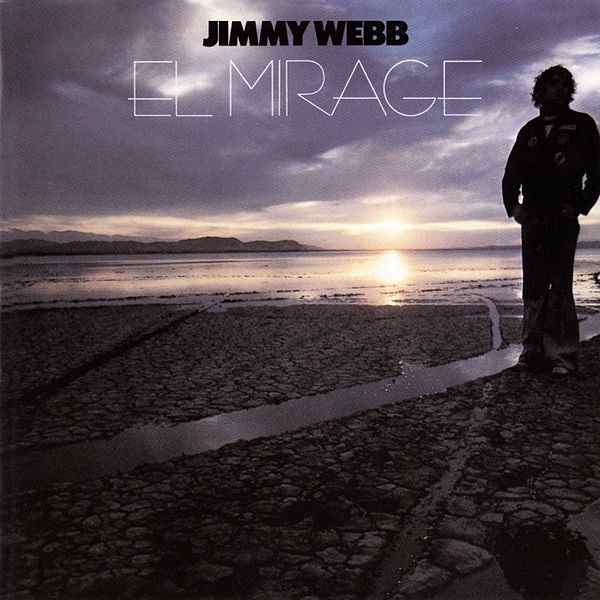
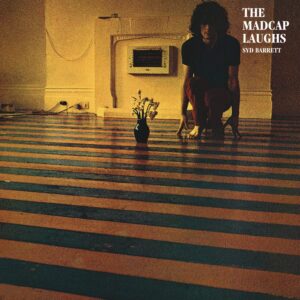
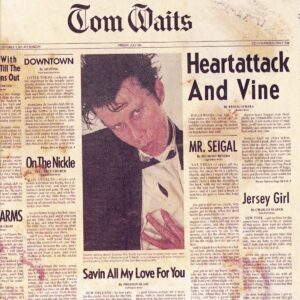
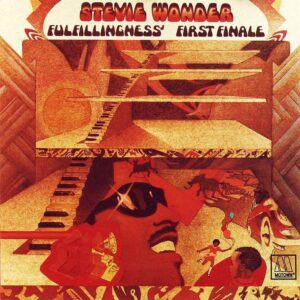
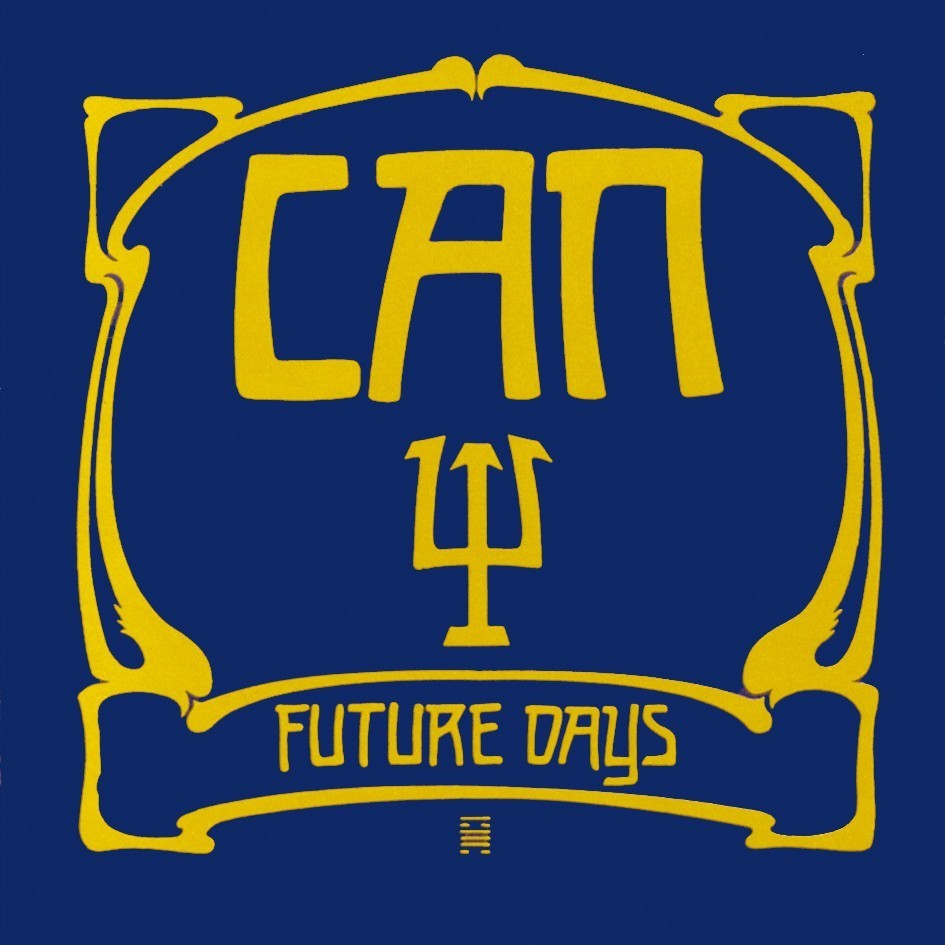
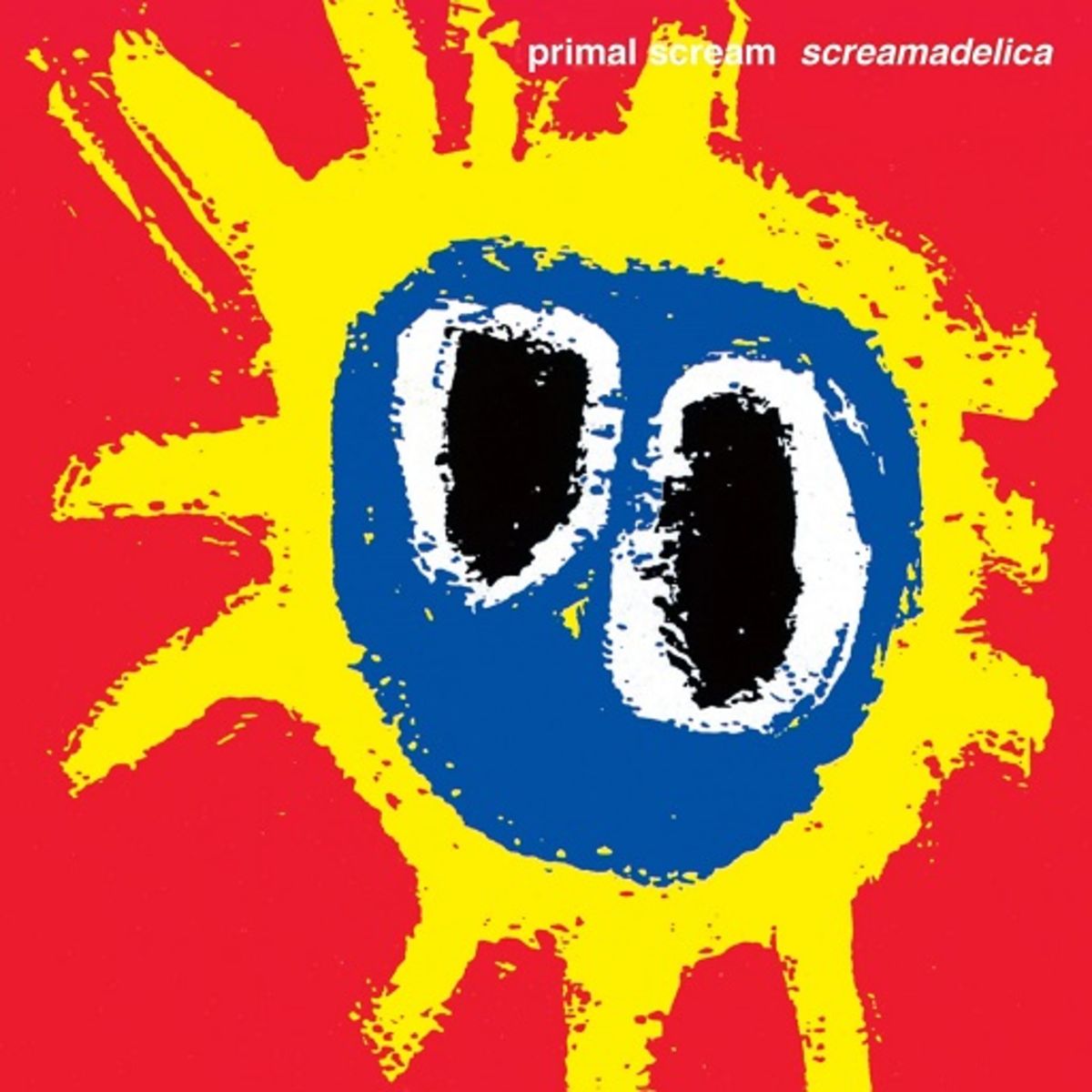
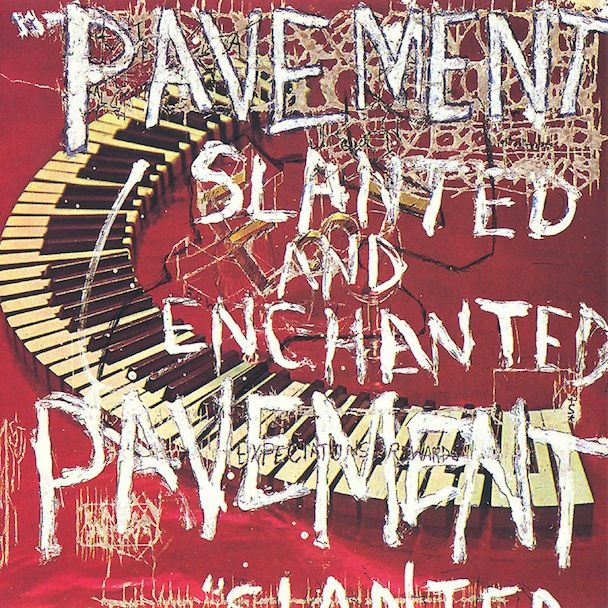
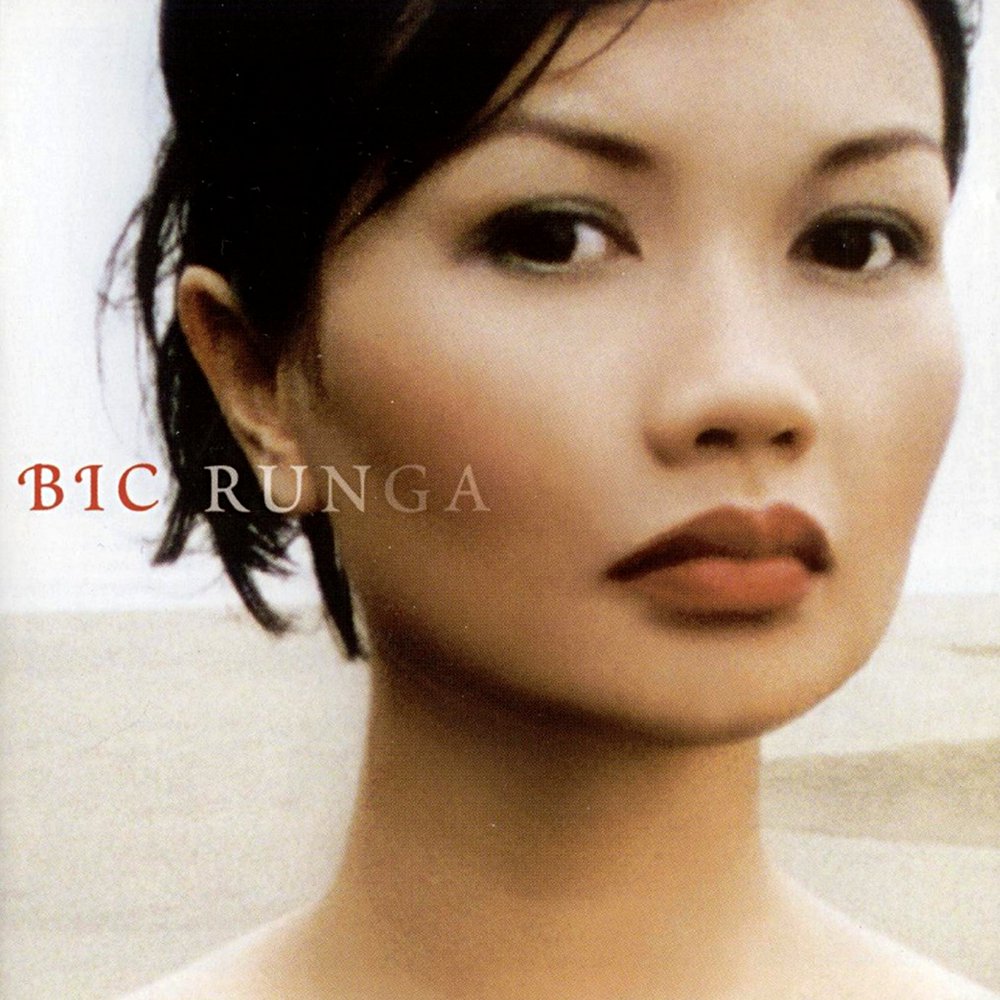

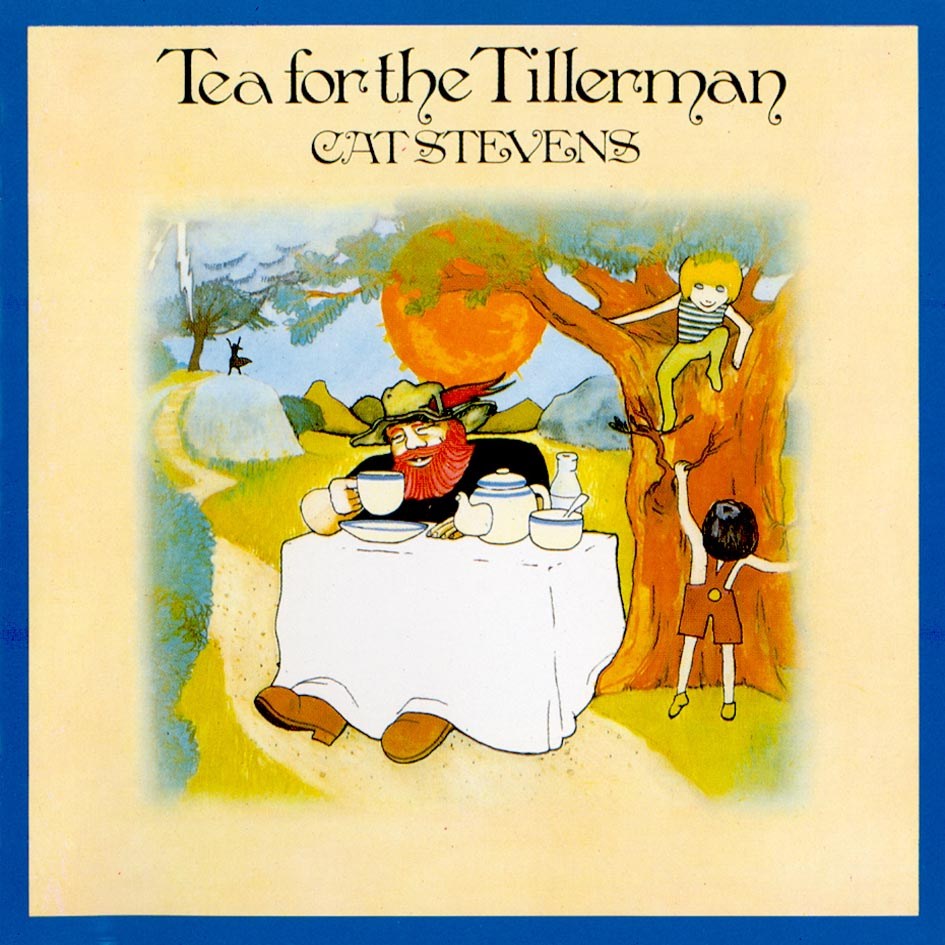
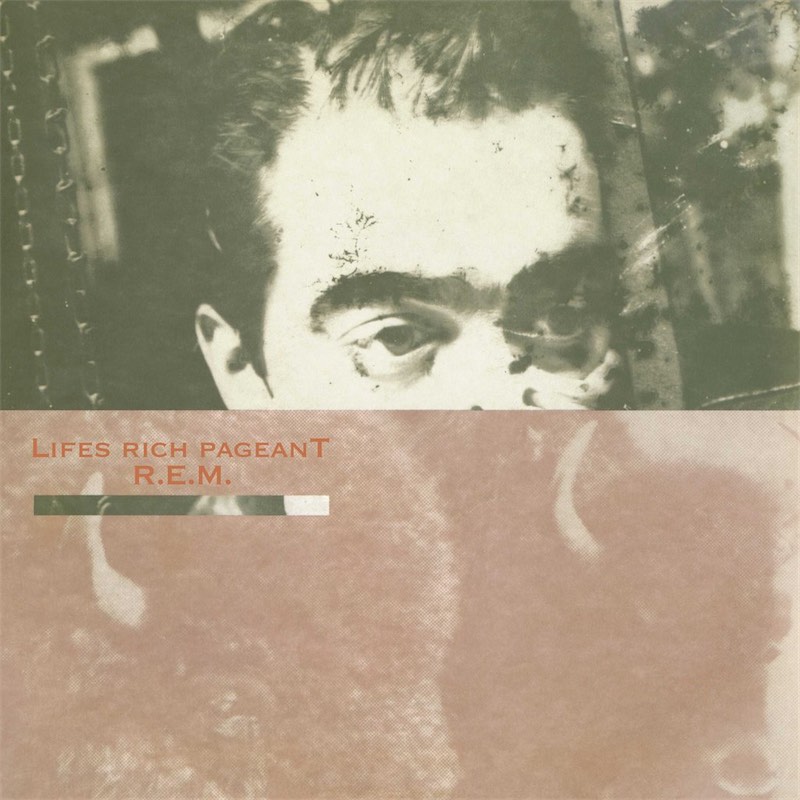
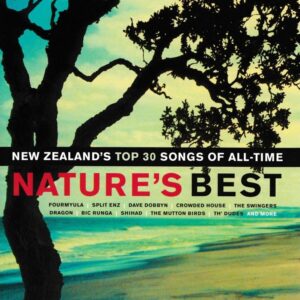
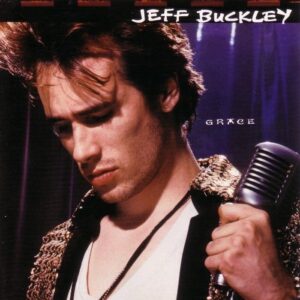
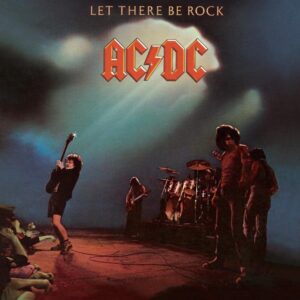


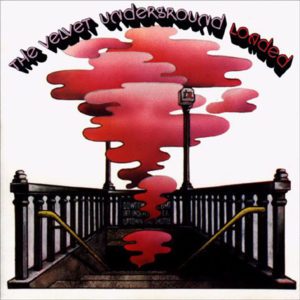
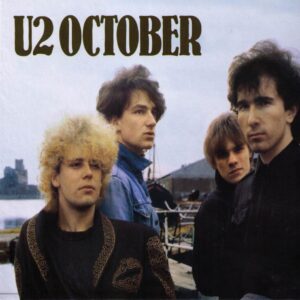
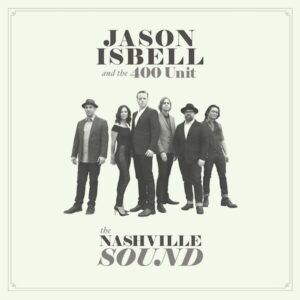




I love a lot of his songs, but just not when he sings them. When he sings them you can’t even tell that they’re good songs. Kind of like Randy Newman. So I’m gonna put my favorite VERSIONS of Jim Webb songs instead. You’d be better off listening to these versions anyway.
Worst That Could Happen – Brooklyn Bridge
Wichita Lineman – Glen Campbell
By the Time I get to Phoenix – Johnny Rivers
Carpet Man – Johnny Rivers
Where’s the Playground Susie – Glen Campbell
Up Up and Away – 5th Dimension
MacArthur Park – Donna Summer
All I Know – Art Garfunkel
Didnt We – Barbara Streisand
Rosencranz Boulevard – Johnny Rivers
Everybody gets to go to the Moon – Thelma Houston
Paper Cup – 5th Dimension
Sunshower – Thelma Houston